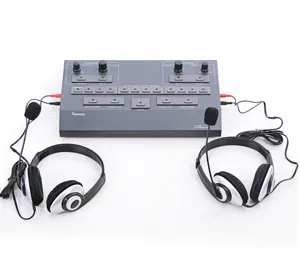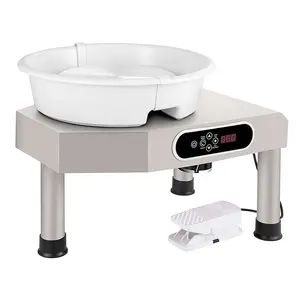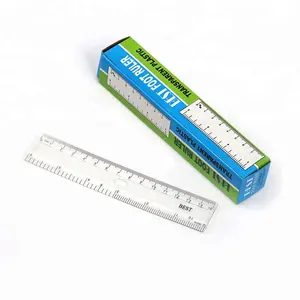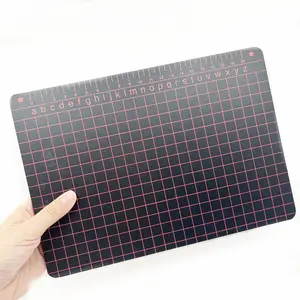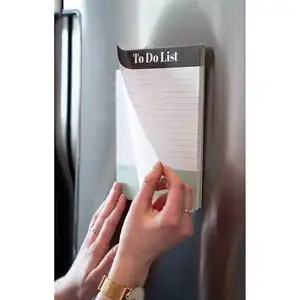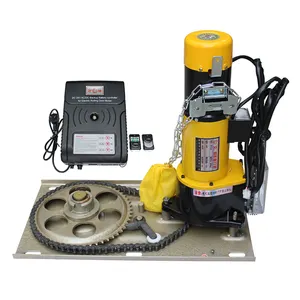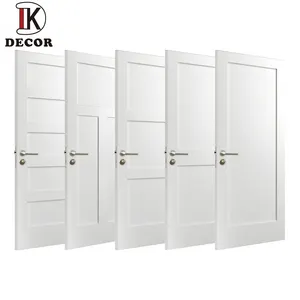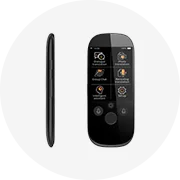동종 업계의 인기 제품
4 도어 정보
Alibaba.com에서 4 도어를 놀라운 가격으로 만나보세요. 문서화, 인쇄, 그림, 쓰기 및 기타 여러 활동에 사용할 수 있으므로 기꺼이 많은 고객을 쉽게 찾을 수 있습니다. 프린터에 적합한 복사 용지를 선택할 때 고려할 수 있는 다양한 속성이 있습니다. 여기에서 다양한 색상의 컬러 용지를 사용할 수 있습니다. 검은색 복사지, 흰색 복사지, 무탄소 복사지, 제로그래픽 복사지 및 프린터 용지 케이스와 같은 기타 관련 품목도 있습니다.
제작할 때 선택할 수 있는 다양한 수량도 있습니다. 복사 용지 한 묶음 또는 복사 용지 10연 또는 그 이상에 이르기까지 도매 4 도어 주문. 대상 고객이 사용하는 일반적인 문서 형식에 따라 고려해야 할 다양한 크기도 있습니다. 예를 들어, 11x17 복사 용지가 있지만 판매 중인 프린터 용지에 대한 다른 크기를 찾을 수도 있습니다.
Alibaba.com에서 다음 공급업체를 찾을 준비가 되셨습니까? 지금 쇼핑하고 더 적은 비용으로 훨씬 더 많은 것을 살 수 있는 종이 해머밀 및 기타 복사 용지 판매 거래를 받으십시오. 지금 쇼핑하여 다용도 레이저 복사 용지 및 기타 품목에 대한 도매 할인을 받으세요!
